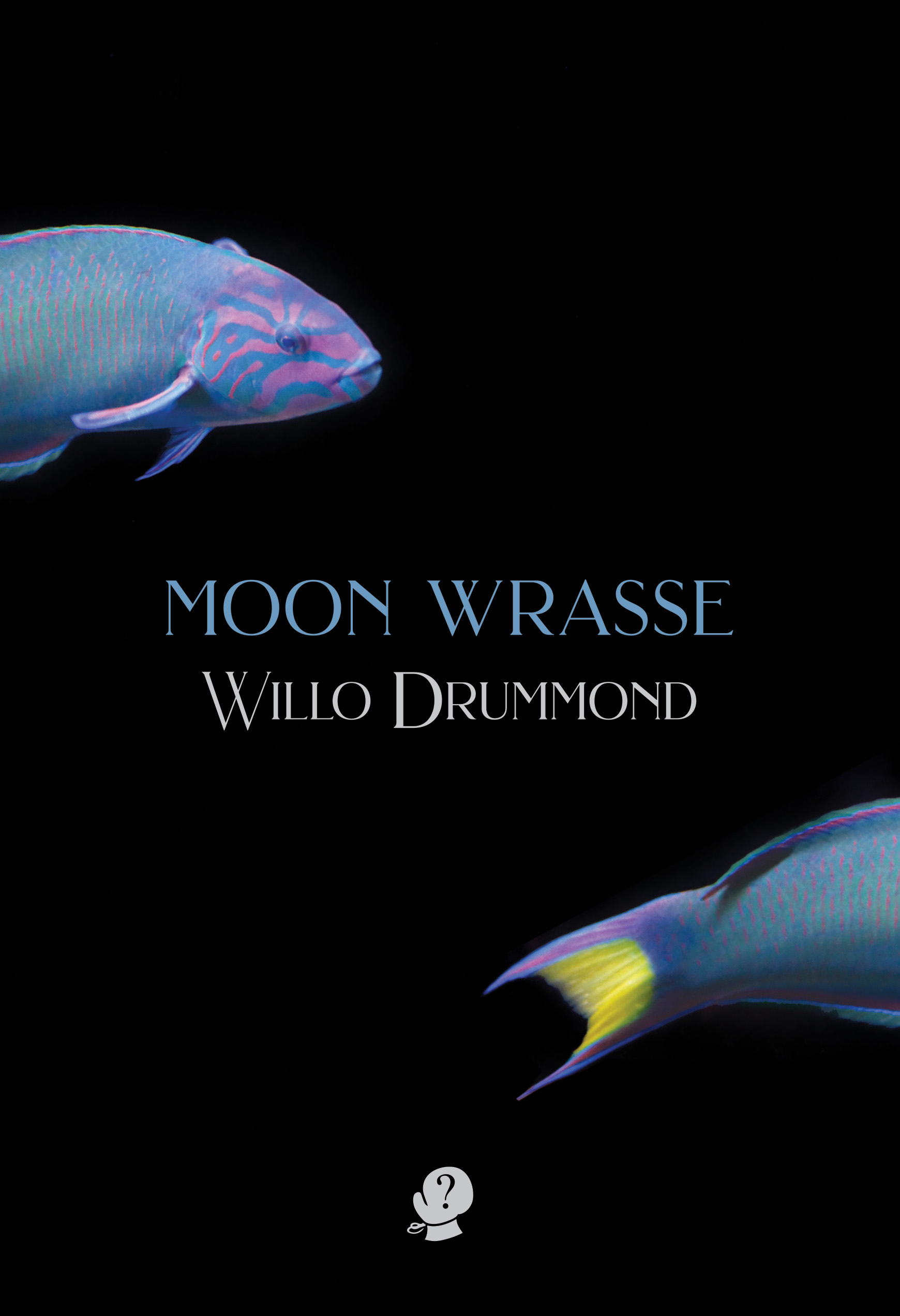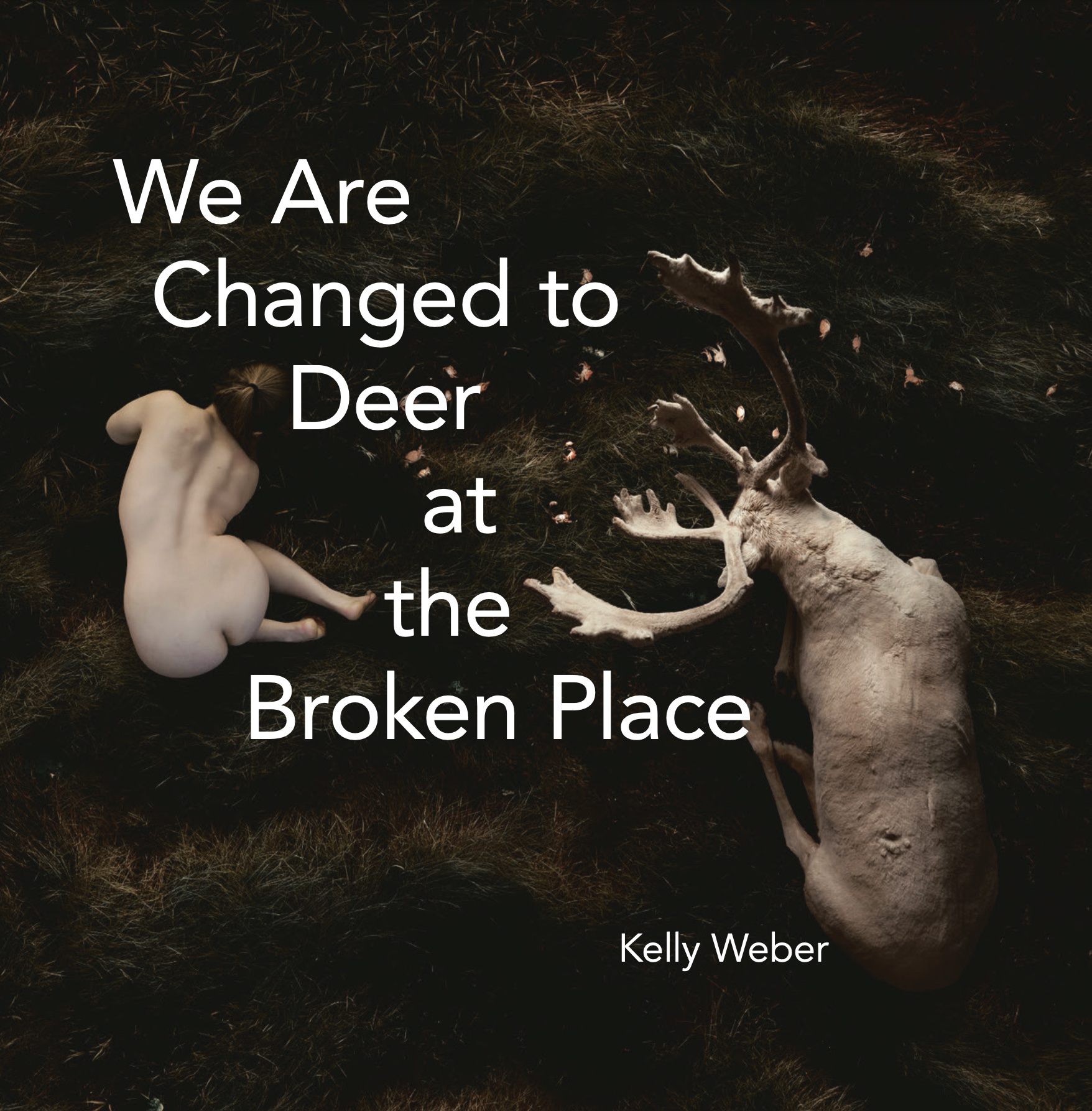 As Uschuk probes the wounds of contemporary existence, we see how deeply she understands human suffering. Fortunately for readers, the author also brings abundant love for this difficult, complicated world that somehow keeps going. As “The Essential Shape” (100) reminds us, “Spinning, the earth begins” again, and “shapes itself with fingers of light.”
As Uschuk probes the wounds of contemporary existence, we see how deeply she understands human suffering. Fortunately for readers, the author also brings abundant love for this difficult, complicated world that somehow keeps going. As “The Essential Shape” (100) reminds us, “Spinning, the earth begins” again, and “shapes itself with fingers of light.”
Tag: poetry
An Inner Habitat for Searching: a Review of Rewild by Meredith Stricker
 I do not think Rewild suggests that love will save the human race. Rather, it brings us to consider that by participating in love we will save love, perhaps contributing to its existence and triumph in the cosmos—animism from an earlier human understanding of the world, wielded against indifference. We can infer the possibility of a universe without mankind.
I do not think Rewild suggests that love will save the human race. Rather, it brings us to consider that by participating in love we will save love, perhaps contributing to its existence and triumph in the cosmos—animism from an earlier human understanding of the world, wielded against indifference. We can infer the possibility of a universe without mankind.
An interview with Kelly Weber, author of We Are Changed to Deer at the Broken Place
 The author of We Are Changed to Deer at the Broken Place talks about her latest book and how it evolved, her composition process, on writing about alternative erotics in kindship with the ecological world and in platonic relationships, on family stories that directly and indirectly teach about power dynamics, gender and sexuality expectations, and wounds, mythology and symbolism, and lots more.
The author of We Are Changed to Deer at the Broken Place talks about her latest book and how it evolved, her composition process, on writing about alternative erotics in kindship with the ecological world and in platonic relationships, on family stories that directly and indirectly teach about power dynamics, gender and sexuality expectations, and wounds, mythology and symbolism, and lots more.
A review of And to Ecstasy by Marion Mossammaparast
 One of the poet’s salient concerns is life, the fragility of life, death as well the afterlife. I was fascinated about the metaphysical aspects of her works, works that are coloured by the brush of mythology, philosophy and religion. In this beautiful collection of poems she utilises many literary devices with extraordinary skills. Her voice is strong as a sirocco yet is gentle as a resting heartbeat.
One of the poet’s salient concerns is life, the fragility of life, death as well the afterlife. I was fascinated about the metaphysical aspects of her works, works that are coloured by the brush of mythology, philosophy and religion. In this beautiful collection of poems she utilises many literary devices with extraordinary skills. Her voice is strong as a sirocco yet is gentle as a resting heartbeat.
A review of Moon Wrasse by Willo Drummond
 All sorts of colours flicker through the book, but particularly blue, from the aqua shore to Iris’ that fall, blue as the rare blue moon, the blue of hope in an indigo night, the bluest carbon of our breath, Brisbane blue, a blue man suit, bluebottles, autumn blue, and of course the blue of the Moon Wrasse also known as the Blue Wrasse. Drummond’s blues are luminescent and rare shades, not normally the colour of a moon, a suit, or autumn, but nocturnally accurate, confounding tropes.
All sorts of colours flicker through the book, but particularly blue, from the aqua shore to Iris’ that fall, blue as the rare blue moon, the blue of hope in an indigo night, the bluest carbon of our breath, Brisbane blue, a blue man suit, bluebottles, autumn blue, and of course the blue of the Moon Wrasse also known as the Blue Wrasse. Drummond’s blues are luminescent and rare shades, not normally the colour of a moon, a suit, or autumn, but nocturnally accurate, confounding tropes.
A review of Like to the Lark by Stuart Barnes
 The poems are sinuous and sensual, working within the many constrictions and still managing to feel so light and with the strict scansion so subtle and integrated into the rhythm that you have to look closely to realise, for example, that “Persian Love Cake” is a pantoum, its innate rhythms varying slightly, in a deliciously sensual piece of dried rosebuds, green pistachios, almond praline and lemon icing.
The poems are sinuous and sensual, working within the many constrictions and still managing to feel so light and with the strict scansion so subtle and integrated into the rhythm that you have to look closely to realise, for example, that “Persian Love Cake” is a pantoum, its innate rhythms varying slightly, in a deliciously sensual piece of dried rosebuds, green pistachios, almond praline and lemon icing.
A review of No Angels by Mary Makofske
There is so much more to like here, too many wonderful poems to single out, but I have chosen “Nasreen’s Story” also from Part I to quote in full. It’s a masterful variation on the ghazal, the oldest poetic form still in use. It relies on a repeated word, which gives the form a hypnotic effect. The name imitates the sound of a dying wounded gazelle, and the form has roots in Arabic, Urdu, Hindi, and Hebrew.
Bulging Blooms, a review of Telling You Everything by Cindy Hochman
 To read Telling You Everything is to come away refreshed and revitalized from Hochman’s, original way of looking at the world and seeking her place in it. This is what poetry is, this is what it can be. It comes out of a life fully lived. In Brooklyn. Where Hochman continuously learns something new from an old situation.
To read Telling You Everything is to come away refreshed and revitalized from Hochman’s, original way of looking at the world and seeking her place in it. This is what poetry is, this is what it can be. It comes out of a life fully lived. In Brooklyn. Where Hochman continuously learns something new from an old situation.
A Review of We Are Changed to Deer at the Broken Place by Kelly Weber
 My copy of this book is filled with quickly scratched notes, annotation symbols only I understand, question marks, small open hearts, underlined sentences, circled words, messy smudges, angry creases. I struggled. I read and re-read. I wondered. I questioned. I chased. I stretched. At times I thought I might break, as well.
My copy of this book is filled with quickly scratched notes, annotation symbols only I understand, question marks, small open hearts, underlined sentences, circled words, messy smudges, angry creases. I struggled. I read and re-read. I wondered. I questioned. I chased. I stretched. At times I thought I might break, as well.
A review of Frank Dark by Stephen Massimilla
 The book is replete with experiences of mental and physical crises, death and ghosts. Many themes resonate with the cover exploring sight/vision, the eye, the sea, the shore, and harbors. Imagery of light/lightning, the moon, lamps, clock, and swans recur throughout the book. The poems also display a sort of PTSD in the aftermath of near death experiences that he explores and shares with the reader.
The book is replete with experiences of mental and physical crises, death and ghosts. Many themes resonate with the cover exploring sight/vision, the eye, the sea, the shore, and harbors. Imagery of light/lightning, the moon, lamps, clock, and swans recur throughout the book. The poems also display a sort of PTSD in the aftermath of near death experiences that he explores and shares with the reader.